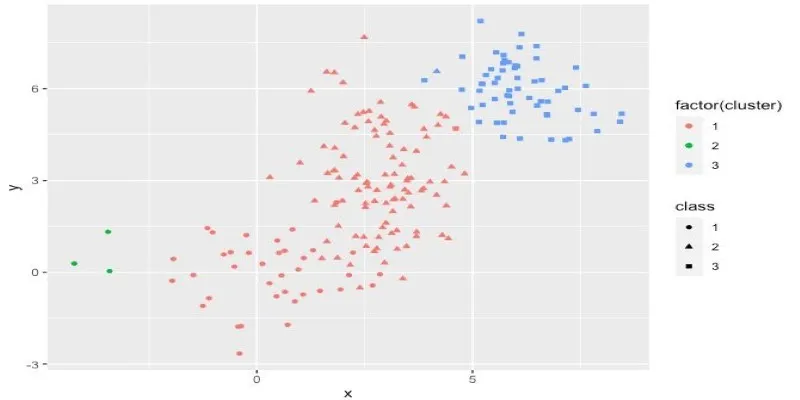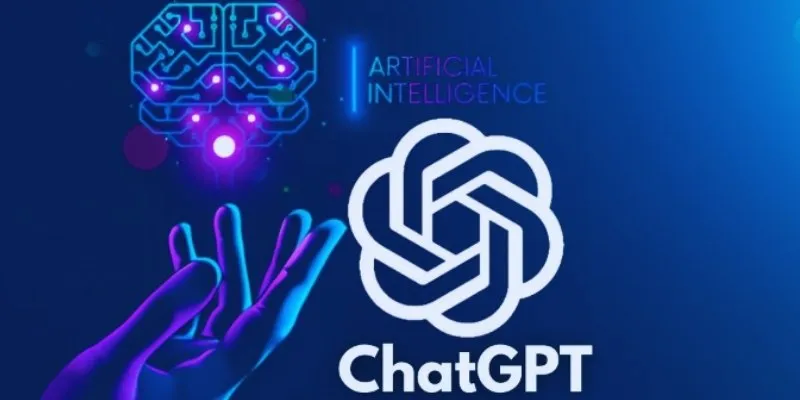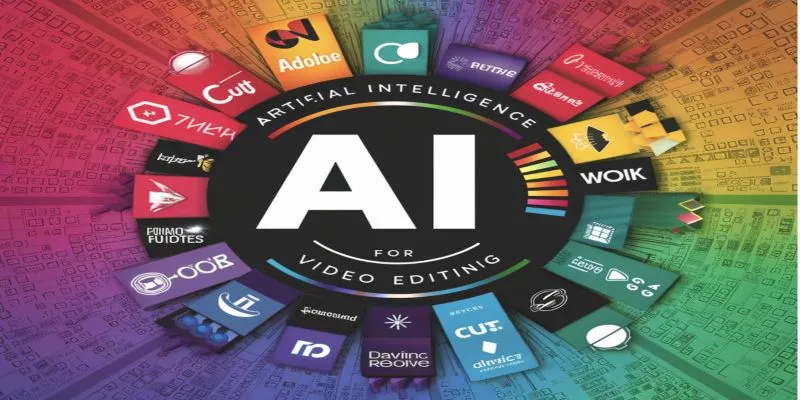In today’s fast-paced world, decisions can’t wait. Whether it’s choosing the right product to launch or understanding customer needs, every second counts. That’s where AI-generated insights come into play. This powerful technology helps you make better and faster decisions using data you already have, saving time and reducing guesswork. AI doesn’t just process numbers; it transforms complex data into clear, actionable insights. This enables you to spot trends, mitigate risks, and act swiftly with increased confidence.
Understanding AI-Generated Insights
AI-generated insights are the results derived when artificial intelligence analyzes large data sets to identify patterns and provide recommendations or conclusions. Instead of manually sifting through spreadsheets or dashboards, AI handles the heavy lifting for you.
How AI Insights Function
AI tools leverage machine learning and data models to analyze your data, including customer behavior, sales figures, website traffic, and other business-related information. Once analyzed, the AI provides clear insights such as:
- Top-selling products
- Effective marketing strategies
- Reasons for customer drop-off
- Predicted future trends or demands
These insights eliminate guesswork and facilitate data-driven decision-making.
The Need for Quick and Accurate Decisions
Speed in decision-making is now a competitive advantage. Whether it’s responding to customer behavior, adjusting supply chains, or reallocating marketing budgets, the ability to act swiftly can determine a business’s success.
However, fast decisions must also be accurate. That’s where AI excels. By minimizing guesswork and emotion in decision-making, AI-generated insights provide clarity that leads to confident actions. In the era of big data, success depends not just on collecting information but on understanding and using it quickly.
Key Benefits of AI in Decision-Making
Businesses that integrate AI tools gain several immediate and long-term benefits:
Rapid Access to Critical Information
AI systems can process thousands of data points in seconds, offering decision- makers real-time dashboards or summaries. There’s no need to wait for weekly reports or manual analyses.
Enhanced Prediction Accuracy

AI reduces human error by detecting patterns in behavior, market shifts, or performance metrics that are often invisible to the human eye.
Lower Operational Costs
By automating data analysis, companies can reduce the need for manual analytics and cut costs associated with missed opportunities due to slow decisions.
Better Customer Understanding
AI tools analyze customer preferences, complaints, and trends, providing businesses with deeper insights into customer desires and timing.
Proactive Risk Management and Forecasting
AI-generated insights help identify potential issues early—whether it’s a sudden drop in engagement or inventory problems—allowing companies to take action before problems escalate.
Real-World Applications of AI-Generated Insights
AI insights are already driving decision-making across various industries. Here are a few practical applications :
Business Strategy
Executives use AI to evaluate past campaign data, market behavior, and operational performance to make informed strategic decisions.
Sales Optimization
Sales teams rely on AI to identify high-converting leads, recommend follow-up actions, and analyze which products or services are gaining traction.
Marketing Performance
AI-powered marketing platforms provide real-time campaign insights, revealing which messaging works best and where ad spending should be redirected.
Inventory and Supply Chain Management
Retailers use AI to forecast demand, track stock levels, and avoid both understocking and overstocking, ultimately saving money and enhancing customer satisfaction.
Human Resources
HR teams utilize AI tools to assess employee performance trends, predict turnover, and tailor engagement strategies to retain top talent.
Implementing AI Insights in Your Business
Implementing AI doesn’t require overhauling your entire business structure. With the right approach, companies can start small and scale up.
Step 1: Define the Problem
Before diving into tools and technologies, businesses must identify the decisions they aim to improve. Are they struggling with customer retention, sales forecasting, or marketing spend?
Step 2: Select the Right Tools
Several platforms like Google Looker, Microsoft Power BI, and IBM Watson offer AI-driven analytics features. It’s crucial to select tools that integrate well with existing systems and suit the business’s scale and nature.
Step 3: Maintain Clean and Relevant Data

AI systems can only generate valuable insights if fed accurate and timely data. Regularly cleaning, updating, and organizing datasets is essential.
Step 4: Involve Stakeholders
Successful AI adoption requires buy-in from key stakeholders, especially decision-makers. Providing training and making insights easily accessible can build trust in the process.
Step 5: Start Small, Scale Fast
Begin with one business area, monitor results, and then expand AI use into other departments. The goal is continuous improvement, not overnight transformation.
Challenges to Consider
While AI offers significant potential, there are challenges to be aware of:
- Data Privacy Concerns : Handling customer data must comply with local laws and privacy regulations.
- Over-Reliance on Machines : While AI is powerful, human judgment remains crucial, especially in ethical or sensitive decisions.
- Data Bias : If historical data is flawed or biased, AI-generated insights might reflect that bias.
Understanding these challenges ensures AI is used responsibly and effectively.
Conclusion
In conclusion, AI-generated insights are revolutionizing how organizations make decisions by offering speed, accuracy, and clarity. These tools eliminate guesswork and enable leaders to address challenges and opportunities with confidence. From customer behavior to operational efficiency, AI uncovers patterns that humans might overlook. By transforming raw data into actionable intelligence, businesses can reduce risks, improve outcomes, and save valuable time. As AI continues to evolve, its role in strategic decision-making will only become more central. Companies that embrace this shift early will gain a competitive edge.
 zfn9
zfn9























